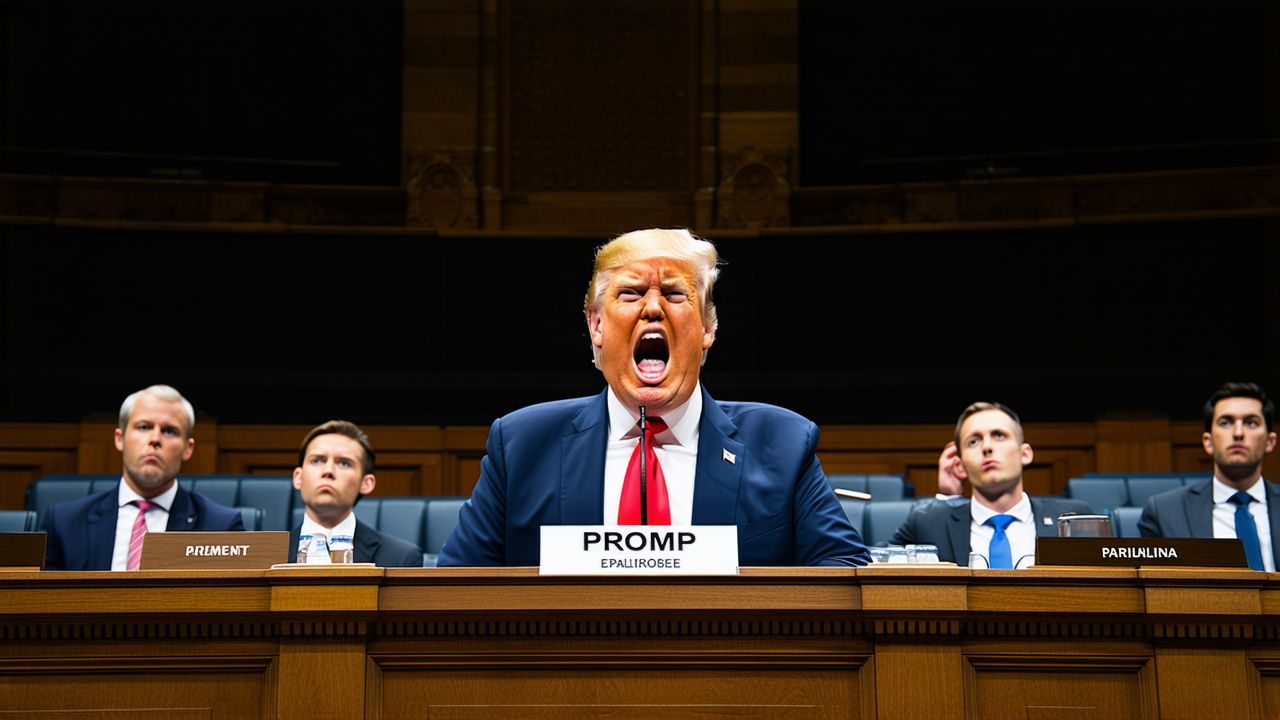Green Party Co-Leader Chlöe Swarbrick Expelled from Parliament Over Palestine Comments
Green Party Co-Leader Chlöe Swarbrick Expelled from Parliament Over Palestine Comments
Chlöe Swarbrick, co-leader of the Green Party, was expelled from Parliament for the remainder of the week following a heated debate over the recognition of Palestine and Israel's actions in the region. The incident occurred during a tense session where the government announced it would consider recognizing Palestine over the next month.
During her speech, Swarbrick called on government MPs to support a Green Party bill that would impose sanctions on Israel for what she described as its war crimes. She challenged the government to find six MPs “with a spine” to allow her call for further sanctions to be debated.
Speaker Gerry Brownlee condemned her remarks as “completely unacceptable” and demanded an apology. When Swarbrick refused, she was ordered to leave the House for the rest of the week. In response, she said, “happily,” to the ruling, indicating her frustration with the situation.
Following the expulsion, Swarbrick addressed reporters, stating that she had made similar comments in the past and that her remarks were “pretty mild” in the context of the ongoing war crimes. She emphasized the urgency of the situation, highlighting the suffering of civilians and calling on Parliament to take action.
Brownlee later clarified that Swarbrick could return to the House on Wednesday if she withdrew her comments and apologized. He reiterated that he would not tolerate any member of Parliament making such remarks, particularly those that could be interpreted as calling other members “spineless.”
Swarbrick criticized the ruling as “ridiculous” and expressed frustration with the government’s response. She pointed out that previous leaders, including former Prime Ministers and Opposition figures, had made similar comments without facing such consequences. She argued that the history of the debating chamber should be taken into account when evaluating her remarks.
Speaking outside Parliament, Swarbrick conveyed her deep emotional response to the ongoing conflict. “Guys, I’m tired. I’m angry. Human beings, your colleagues, journalists are being massacred. What the hell is the point of everything that we do ... if people in my place don’t do their job?” she said. “If we allow other human beings to be just mercilessly slaughtered, to be shot while waiting for food aid. What hope is there for humanity?”
Swarbrick emphasized that New Zealanders are increasingly calling for action on the issue. “I have stood at rallies for two years now and spoken to New Zealanders from all walks of life who desperately want our Parliament to get on with it,” she said. Her comments reflect a growing public demand for a more active role in addressing the global conflict.
The incident highlights the deepening divide over how New Zealand should respond to the crisis in Palestine and the broader implications for international relations and domestic politics. As the debate continues, the focus remains on whether Parliament can find a way forward that reflects both the gravity of the situation and the democratic values of the country.
